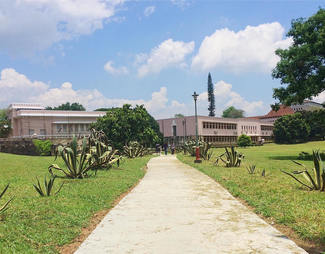 The University of Peradeniya.
The University of Peradeniya. The nature of my research project completely changed before I had even left D.C. My initial idea was to study public participation in the environmental impact assessment (EIA) process by analyzing 3 case studies involving major development projects. N.C. Weerakkody had already written a terrific overview of public participation in EIAs in Sri Lanka, but I intended to do an updated and more fine-grained analysis.
To expand my network and seek the advice of experts in preparation for my project, I arranged meetings with people working for organizations that dealt with Sri Lanka- Bower Group Asia (BGA), National Democratic Institute (NDI), and World Resources Institute (WRI). During the course of those meetings, the general consensus emerged that I would not be in Sri Lanka long enough to gain the trust of villagers affected by large development projects and interview them with the expectation of getting honest and thorough responses. The term of my Fulbright contract was 3.5 months. I would need to be there longer in order to complete my intended project. Thankfully, the creative folks at NDI came up with a slightly different, but achievable endeavor- to assess whether the quality of an EIA varies depending on who funds a given project. Just like that, I altered my plan from case studies and interviews to archival research and quantitative analysis.
After spending 2 weeks in Kandy, I decided to travel to Colombo for a week so I could try and obtain the EIA reports I needed at CEA, which is located in the Battaramulla area. In only a few days time I realized that this was the place I needed to be. Colombo had the CEA, numerous think tanks, and educational institutions like the International Centre for Ethnic Studies, Lakshman Kadirgamar Institute of International Relations and Strategic Studies, Centre for Environmental Justice, Bandaranaike Centre for International Studies, and University of Colombo. So, after returning to Kandy I decided I would permanently change venues to Colombo, where I will continue to reside until the end of my Fulbright grant in mid-August. Right now I live in an Airbnb in the neighborhood of Ethul Kotte, directly east of Colombo, in my sixth different residence since I arrived in Sri Lanka on May 3rd.
In both of these instances, the capacity for flexibility paid major dividends. I am now pursuing a project along with a Sri Lankan scholar, Dr. Herath Vidyaratne, that I am confident about, and I am based in an area that has numerous opportunities for research, intellectual stimulation, and, importantly, diverse food options. When conducting research abroad, it is crucial to realize that your plans may change for reasons outside your control and you should be prepared for such eventualities. Staying flexible is a way to still get your research done while not winding up jaded or disappointed that your best scholarly intentions did not materialize into the outcomes you had hoped for.
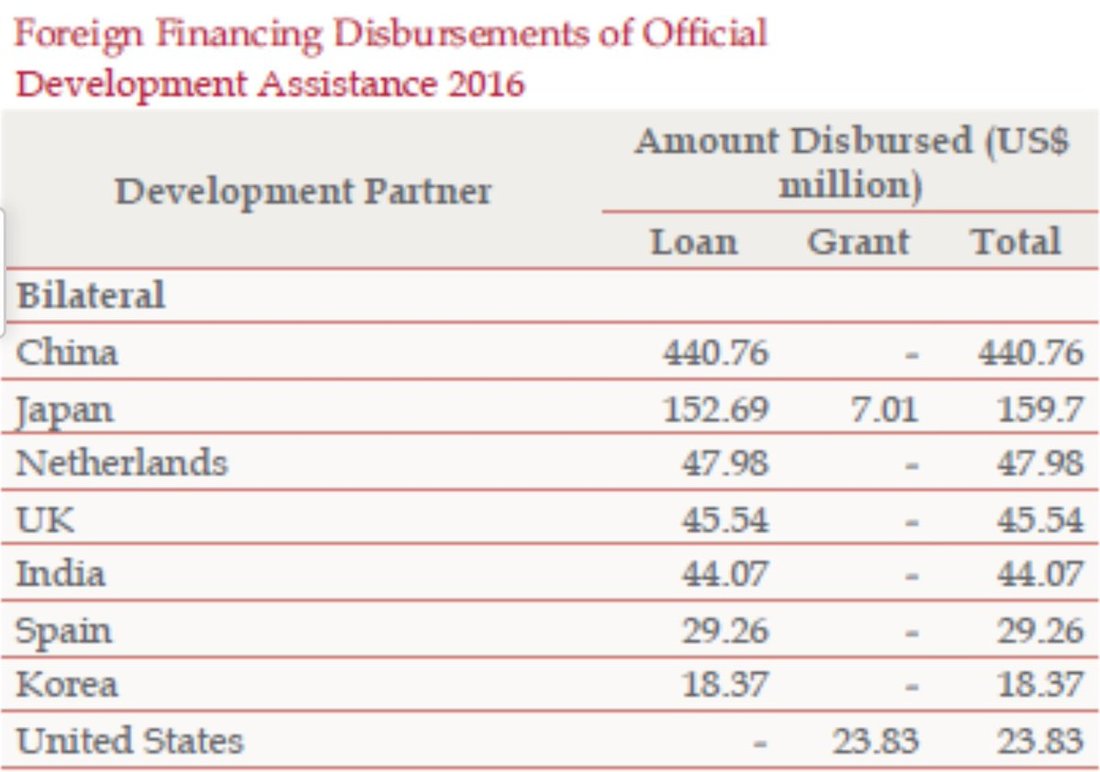
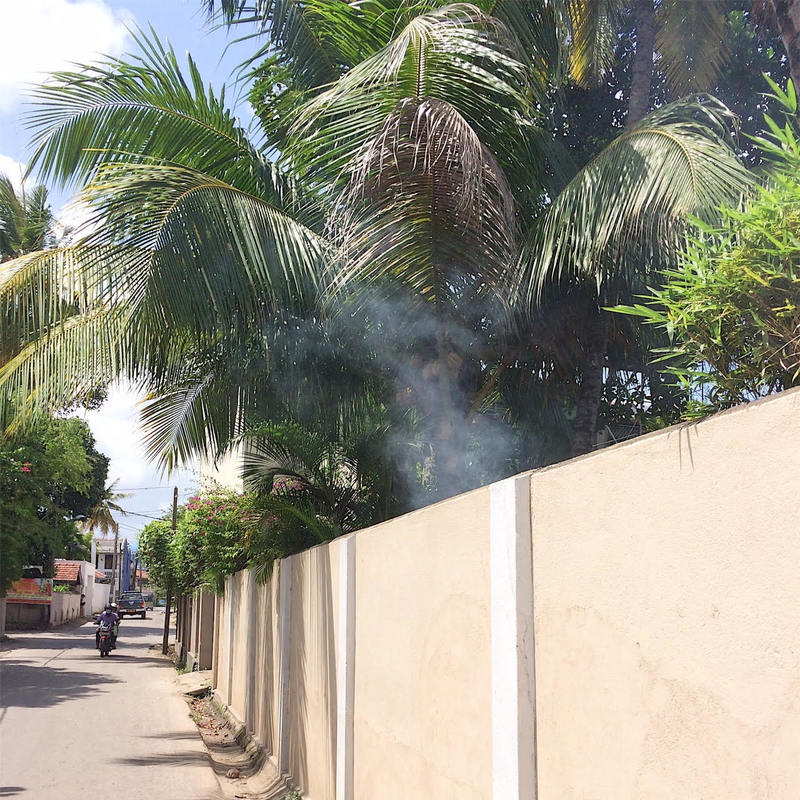
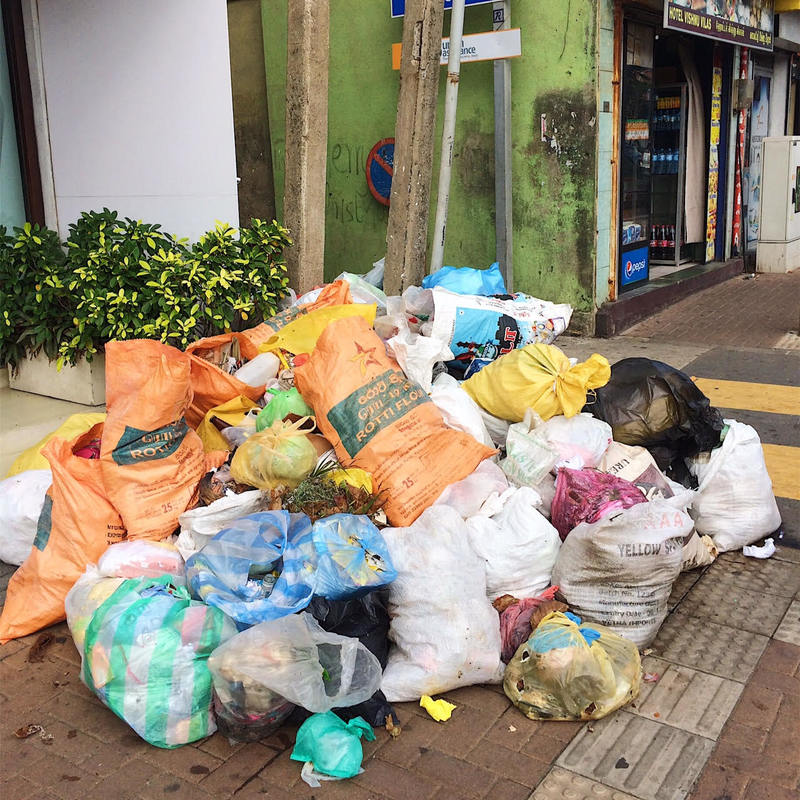

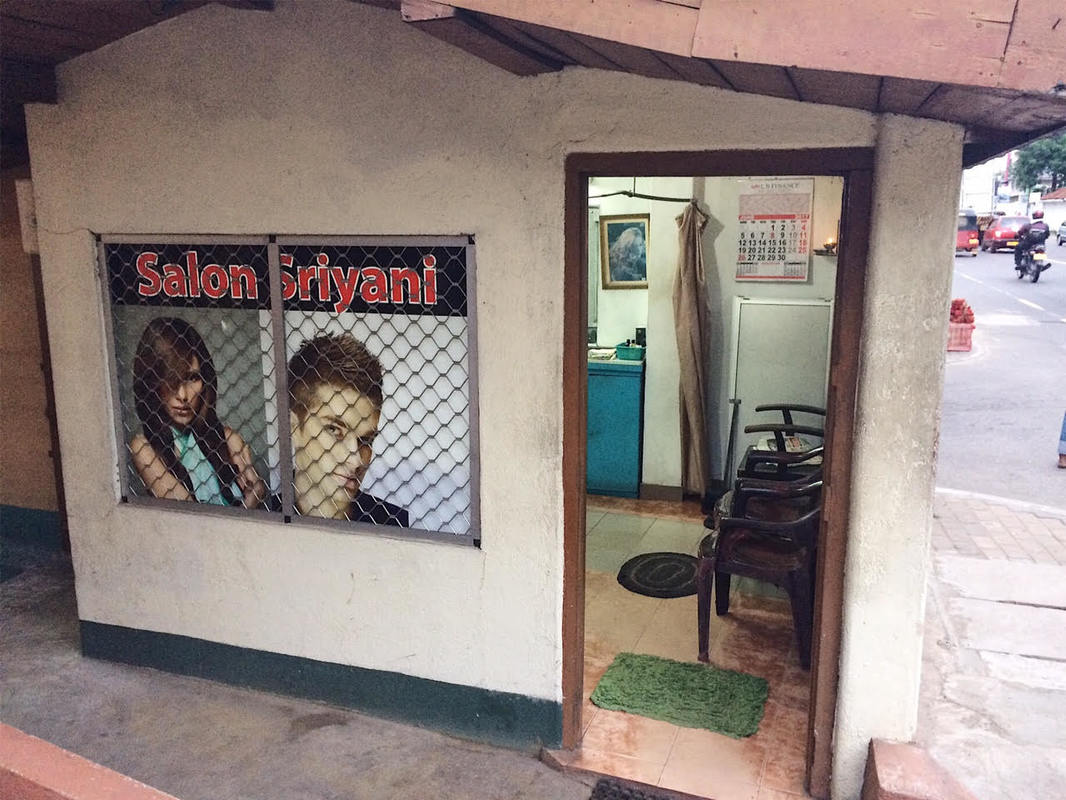
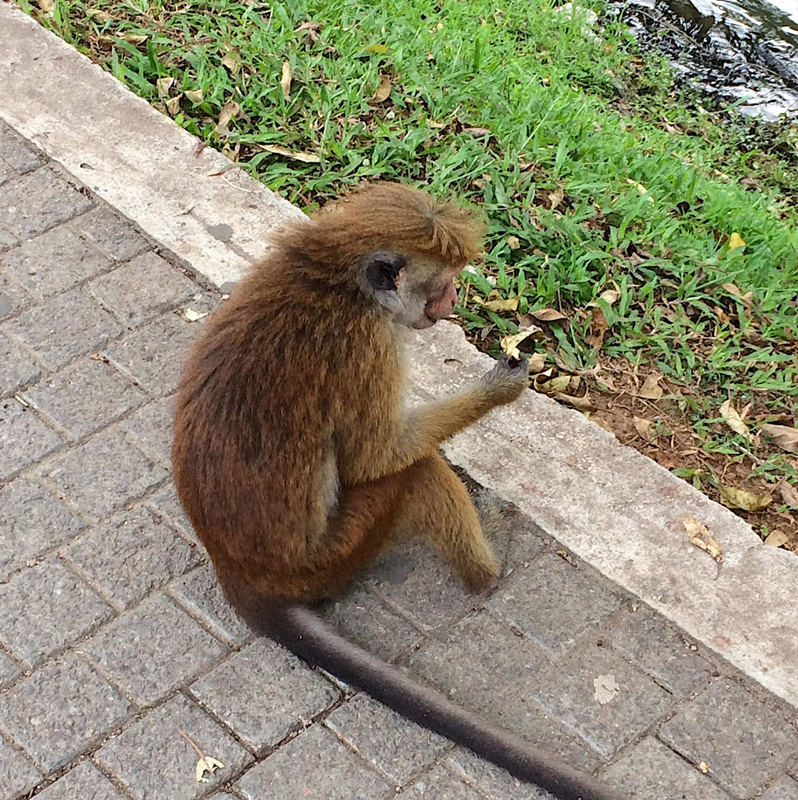
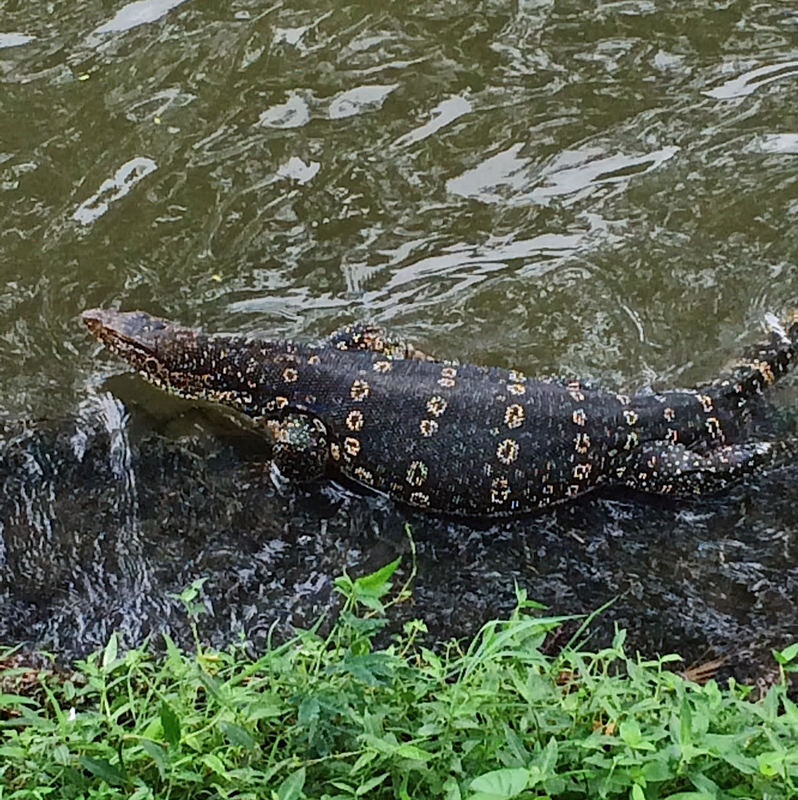
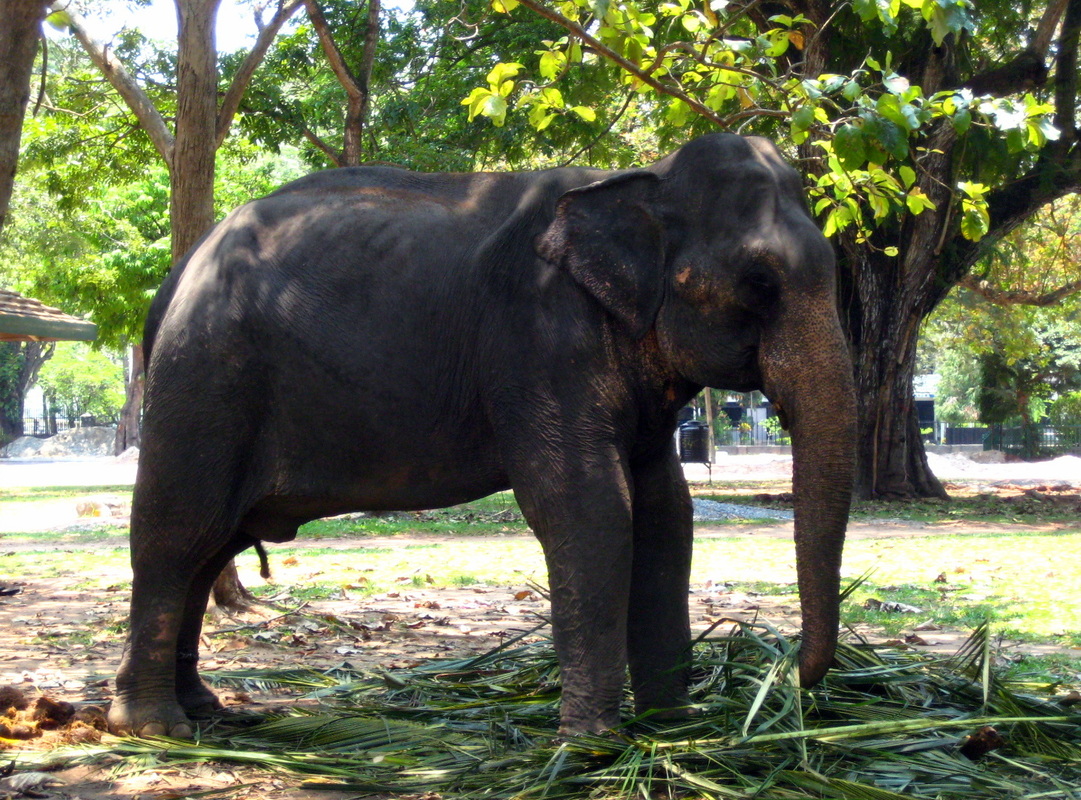
 RSS Feed
RSS Feed